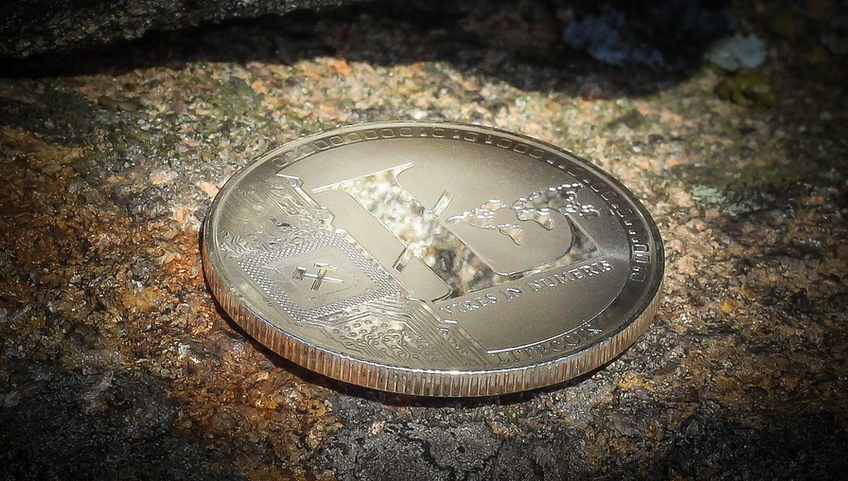Understanding the Basics of Bail
The legal system is built around a complex network of safeguards designed to ensure justice and uphold rights, but sometimes, navigating this system can be incredibly daunting. One significant hurdle faced by many individuals accused of crimes, particularly those facing serious charges, is the concept of bail.
Bail refers to the financial security required for an individual arrested for a crime to remain free while awaiting trial. This payment ensures their presence at future court hearings and prevents them from fleeing the jurisdiction. However, the costs associated with securing bail can often be prohibitive for individuals without substantial financial resources.
Traditionally, bail bonds have been a crucial bridge between the legal system and those who lack the means to post the full amount. A bail bond is essentially a loan – one where the individual accused of a crime pays a percentage of the total bail amount (typically 10-20%) to a bail bondsman.
This arrangement allows individuals to remain free until their trial, but it comes at a cost. The majority of the financial burden falls on the accused, who must then repay the bond and any associated fees to the bondsman within a specified timeframe. A significant aspect of this system is that individuals often miss out on crucial opportunities while waiting for their trial.
While bail may seem like a simple concept on the surface, the process can be complex and challenging, especially when dealing with large sums of money or unexpected developments. This complexity can create a significant financial burden for those facing legal challenges.
Now, let’s consider “no money down bail bonds,” an increasingly popular solution for individuals who are unable to afford the initial payment.
What Are No Money Down Bail Bonds?
As the name suggests, no money down bail bonds eliminates the immediate financial hurdle of posting bail. Instead of requiring a large upfront sum, these bondsman offer the option to pay a smaller percentage to secure release. This can significantly ease the financial burden and create more opportunities for individuals facing legal challenges.
In essence, “no money down” bail bonds are designed to make the process of securing bail more accessible and manageable for those who find themselves in this difficult situation.
These bonds often come with stringent requirements, including ensuring that the accused poses a minimal risk of fleeing before trial and having a strong legal defense strategy.
How No Money Down Bail Bonds Work: A Step-by-Step Guide
Understanding how these bail bonds operate can be more straightforward than it sounds.
**1. The Request:** An individual accused of a crime reaches out to a bail bondsman, explaining their situation and the amount of bail required for their case.
**2. The Agreement:** After discussing the case and reviewing the individual’s legal standing, the bondsman will offer terms that outline the specifics of the agreement. This usually includes the percentage of the total bail amount, time frames for payment, and any other relevant details.
**3. The Deposit:** Instead of paying the entire bail, the accused typically makes a smaller down payment (often 10-20% of the total amount). This deposit secures their release from jail while awaiting trial.
**4. Repayment Plan:** Individuals have to pay back the remaining balance, along with any associated fees agreed upon by both parties, within the specified timeframe.
**5. Legal Compliance:** As part of the agreement, individuals often need to commit to a legal strategy and comply with court proceedings.
Benefits of No Money Down Bail Bonds: Why Consider It?
The implementation of “no money down” bail bonds offers several key benefits that stand out in comparison to traditional bail methods:
**1. Access to Justice:** The elimination of the initial financial barrier ensures individuals, who might otherwise be unable to access legal representation and face charges, can proceed with their legal defense.
**2. Reduced Financial Stress:** These bonds significantly alleviate the crippling financial burden often associated with bail, especially for those facing long-term imprisonment.
**3. Enhanced Legal Defense:** The reduced financial strain allows individuals to devote resources towards hiring competent legal counsel, ensuring they have a strong defense strategy.
**4. Increased Opportunities:** By remaining free while awaiting trial, individuals can continue working or exploring other opportunities that might be limited if incarcerated.
Risks and Considerations: A Look at the Challenges
While “no money down” bail bonds offer a solution to the financial challenge of bail, they do come with some risks. Individuals need to understand these considerations before utilizing this option:
**1. Bond Conditions:** The nature of the bail bond agreement, including specific conditions attached, could be restrictive and impact the individual’s life during the legal process.
**2. Fees and Interest:** Just like any loan, there are fees associated with “no money down” bonds. While these fees might seem manageable, it’s crucial to know what they entail before moving forward.
**3. Legal Consequences:** The individual must still comply with the conditions of their bail bond and attend court hearings as scheduled. Failure to do so can lead to additional penalties or even revocation of the bond.
**4. Long-Term Debt:** While no money down initially, it’s essential to be aware that if the individual isn’t able to repay the balance in time, they may face long-term debt and financial hardship.
Conclusion: Navigating the Legal System with Confidence
“No money down” bail bonds can provide individuals facing legal charges with a much-needed lifeline, navigating a complex and often challenging system. However, it is essential to understand the risks and make informed decisions regarding this option.
By understanding the intricacies of no money down bail bonds, individuals can weigh their options and seek assistance from qualified bail bondsmen to ensure they navigate legal proceedings with more confidence and stability.
If you’re facing a situation where financial constraints hinder your ability to secure bail or face potential legal consequences, “no money down” bonds are worth exploring. Don’t let the complexity of the legal system deter you from seeking justice or achieving freedom while awaiting trial.
